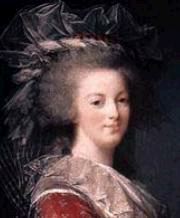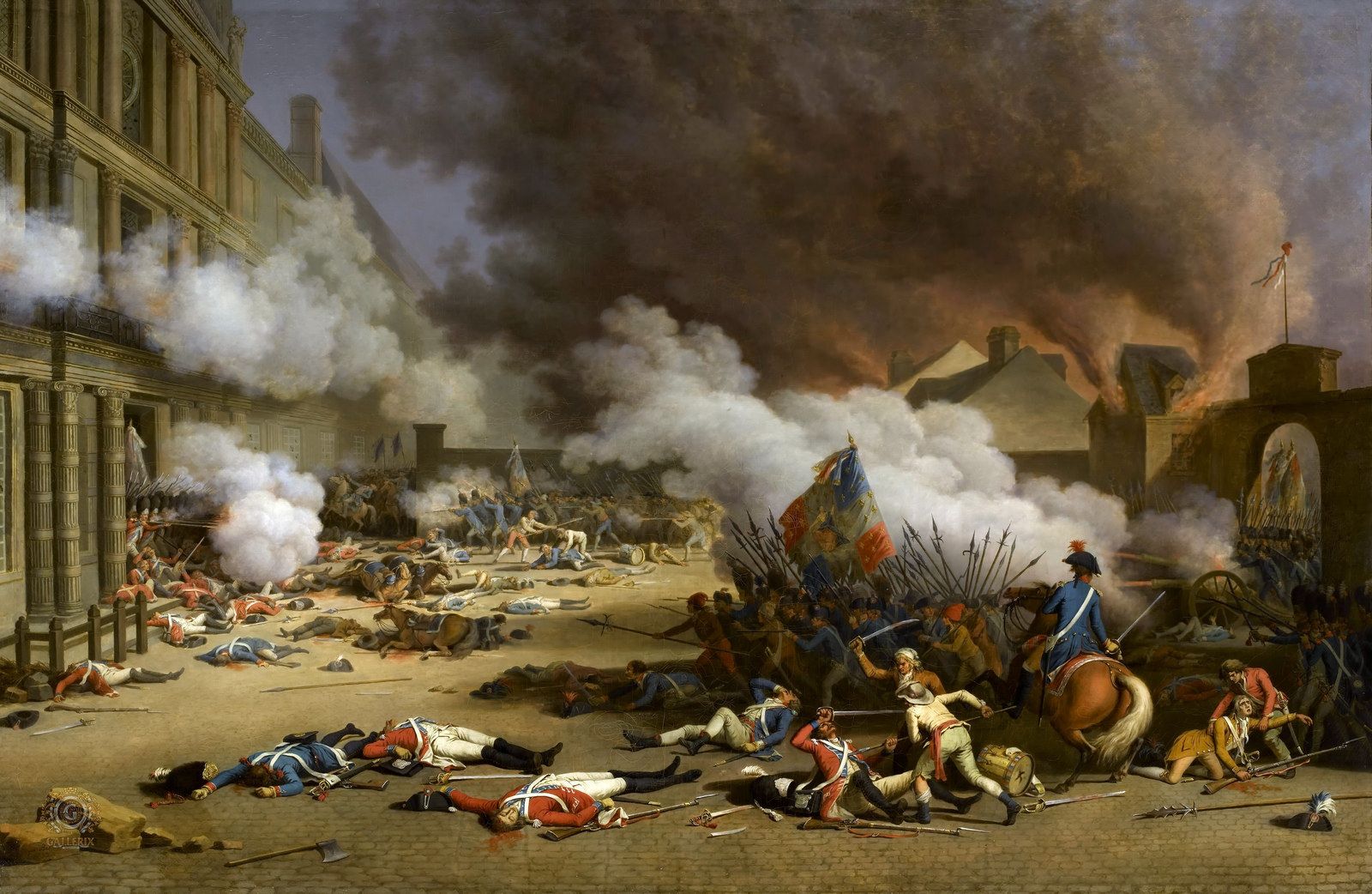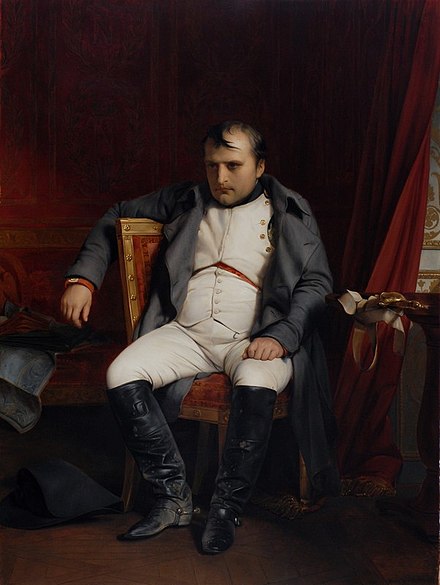






Phone: 2292
Office Hours Fall 2021
MWF--at office in person Noon-12:30
MWF--via Zoom--1:45-2:30 (please pre-arrange if
possible) Zoom link to these times only https://austincollege.zoom.us/j/89745802870
TTH--at office in person--10:00-10:45
and by appointment or serendipity
A young and
restless small-town English poet from Cumbria arrived in Paris
as the French Revolution began to accelerate in 1791. William
Wordsworth would come to denounce the Revolution for its
violence, but even in later life, he was nonetheless able to
recall his early feelings about the atmosphere of renewal,
youth, and change:
Five years younger than Wordsworth, Jane Austen,
another product of the English countryside, wrote six novels
about life around her—from the 1790s to her death in 1817--yet
she hardly ever even refers to any of the great contemporary
upheavals. The distance between these two lives gives us much
perspective on the period. So does the close conjunction of
George Washington and the Marquis de Lafayette: born on
different continents, they found in each other surrogate
father and surrogate son. Equally full of insights is the life
of Thomas Jefferson, who was in France as American Minister to
France just as the French Revolution broke out. Indeed, an
almost exact contemporary of Jefferson's, the greatest of
German poets, Goethe, lived a life quite parallel to that
Jefferson, though Goethe only reached France when the
Revolution had skidded into its radical phase. The parallel
lives of these two contemporary attorneys can tell us about
more than legal studies. And there is the great composer
Beethoven, or Madame de Staël, the great woman of letters
(friend eventually to both Goethe and Talleyrand, another of
our targets). Still other sets of insights emerge from the
lives of the "great" French Revolutionaries, of Josephine
Beauharnais, and of her husband, Napoléon Bonaparte.
The late Enlightenment had a special attachment to the
idea of the family, an attachment closely connected to ideas
about emotional bonds. This idea of both literal and
figurative families is one of the themes we will follow
closely.
Families, siblings, sons, daughters: John Adams,
Abigail Adams, and John Quincy Adams; the contentious
Bonaparte family; court painter Elizabeth Vigée Lebrun and her
daughter, Julie; Alexander I of Russia, his grandmother
(Catherine the Great), and his father, whose assassination
Alexander was perhaps at least aware of in advance. And many
more.
It is not too much to say that the French
Revolution and the era of Napoleonic dominance in Europe created
the modern world and set its agenda of movements, disputes,
cultural directions, religious issues, and much besides. In this course we will
be examining trends,
movements, people, and events all over Europe and in far flung
parts of the world, in terms of the great revolutionary outburst
and its effects.
Course Elements
Two
Short Objective Exams
20%
Final
20
3
Papers @ 15%
45
Reading
quizzes
15
_________________________________
100%
In this course, 90 to 92.9 is an A-; 93
to 97.4 is an A; 97.5 is an A+, etc.
Attendance,
Late Assignments, and Academic Integrity
You need to come to class; more than four absences will be
regarded as excessive and will kick in the penalty clause,
having an effect on your participation grade. I will
charge a penalty of five points per day on all late papers.
This course will follow the policies on academic
integrity laid out in the Environment and other official
college publications. Please read these guidelines
carefully; we will follow them strictly. Academic
honesty is absolutely essential. This means: no
cheating. If you are ever in doubt as to what
constitutes plagiarism, please feel free to come by and
discuss the question with me, or any other faculty member for
that matter. We will also be talking about this when we
get to the paper assignments. On the plagiarism issue,
just remember: whenever you use someone's words or
ideas, you must tell that you have used them. You must
give credit where credit is due. You can find out more about
what constitutes plagiarism at the excellent site, Plagiarism.org
Books to Acquire
(any
edition will do)
William
Doyle The French Revolution: A Very Short
Introduction
Jane
Austen, Persuasion
Paul
Johnson, Napoleon: A Life
Writing Instructions: